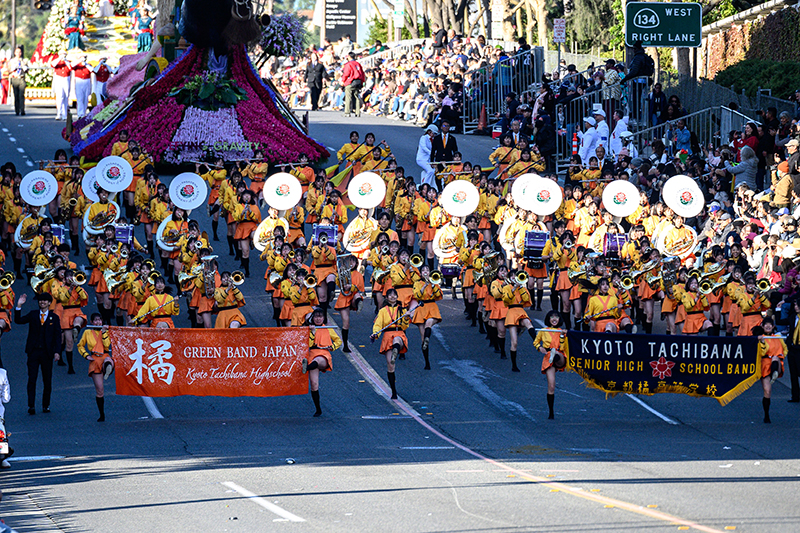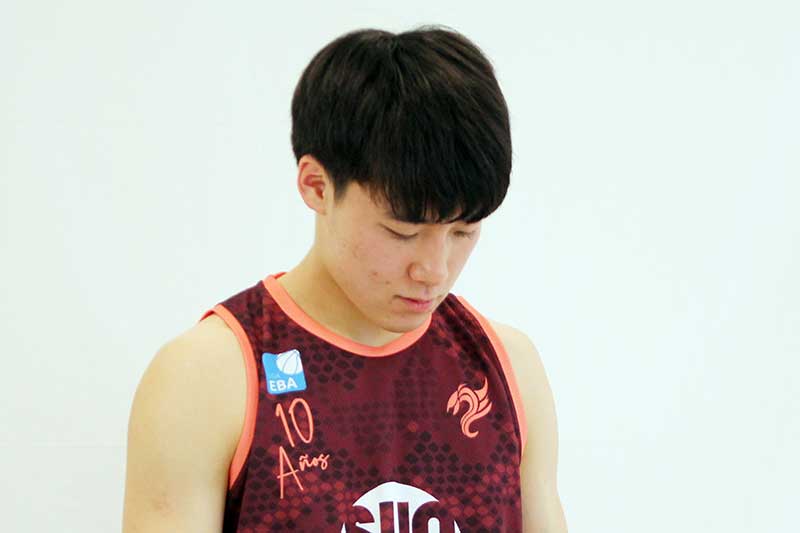Journal
サン・クロレラの取り組みや
サポートするアスリートたちのTOPICS。
Find out about Sun Chlorella's corporate activities and sponsored athletes
Ran Takahashi
Volleyball player
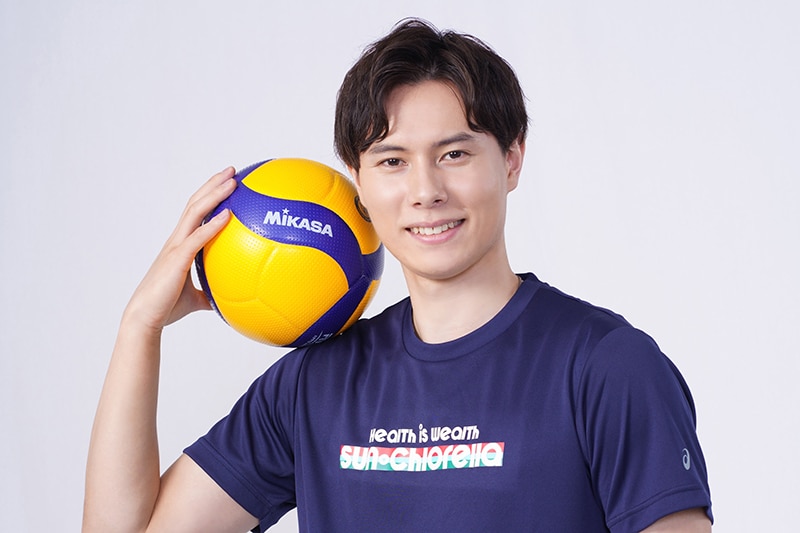
As the face of Japan’s revamped top volleyball league—the SV League—Ran Takahashi lit up the court and helped lead the Suntory Sunbirds Osaka to the 2024–25 championship. Playing a total of 58 matches, Takahashi credits his ability to endure the intense season to daily discipline—consistent nutrition, recovery routines, and overall physical care.
How He Maintained Peak Performance Through a Grueling Season
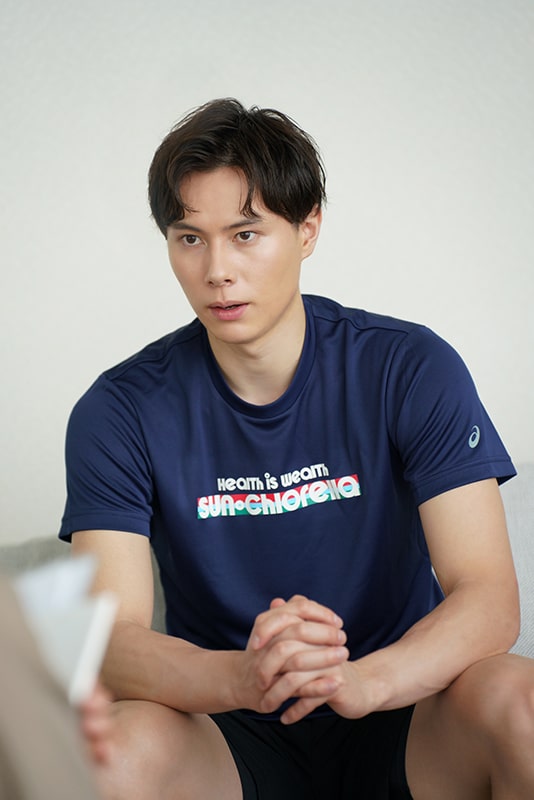
The 2024–25 SV League featured a demanding 44-game regular season—far more than Takahashi had experienced in Italy’s Serie A, where matches were typically once a week. In contrast, SV League matches were held back-to-back on weekends, and even included a stretch of three straight games during the playoffs.
Suntory also played five matches in the Emperor’s Cup in December (and won), then just six days after the SV League final, they jumped into the Asian Club Championship, playing another five games in eight days. All told, the team played 58 matches—a true test of endurance and condition management.
Takahashi missed a few matches in November due to recurring pain in his left ankle, an old injury from Italy. But after that, he returned to the court and remained a consistent starter. Despite having strong teammates like Poland’s national player Aleksander Śliwka and the powerful Alain de Armas, Takahashi’s steady serve-receive skills made him irreplaceable.
The long season didn’t just wear him down—he actually got stronger. In the latter half, he often led the team in scoring. What was the secret?
“I made sure to rest whenever I could, get proper sleep, and do my self-care every day. That was key. Also, if I felt anything unusual in my body, I didn’t push through it. Last year, I learned the hard way that forcing myself to play through pain made things worse.”
He recalled one turning point:
“After the match against Tokyo Great Bears on November 3, I felt something in my ankle. I could’ve played the next day, but I knew pushing it might make it worse. So I rested instead. I skipped the next weekend, then returned two weeks later against Hiroshima. After that, my form really improved. That break was essential. I realized not overdoing it is a big part of staying in the game all season.”
Cooking with Passion – Fueling His Body the Right Way
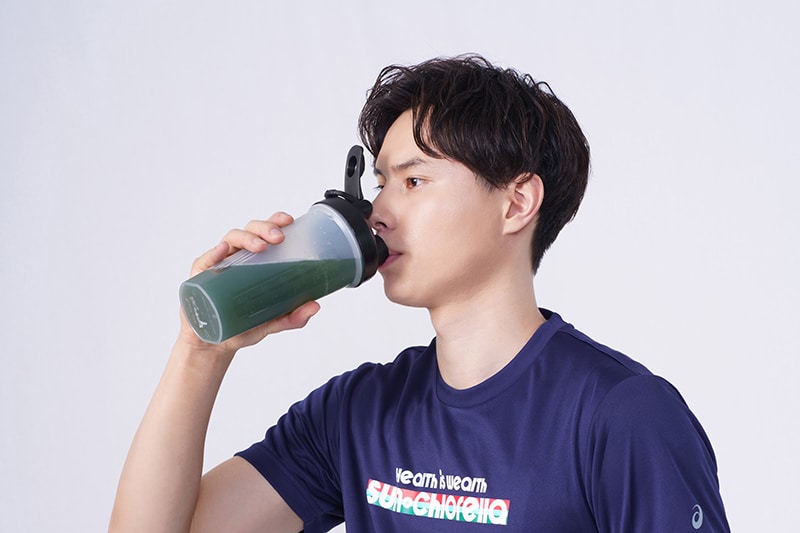
Nutrition is another major key to recovery and energy. Except for team lunches at Suntory’s training facility, Takahashi cooks for himself.
「“I enjoy cooking, so I don’t mind doing it at all,” he laughs. He cooked in Italy too, but says managing meals in Japan is much easier.
“Japan is home. In Italy, I had to adjust to their food culture—it wasn’t easy. I did make Japanese food sometimes, but it was hard to manage nutrition when I kept ending up eating pizza or pasta. In Japan, it’s easier to get the ingredients I want and plan meals properly. Plus, the team meals are well-balanced, so it’s much easier to stay healthy here.”
From classic Chinese-style stir-fried beef and peppers (chinjao rosu), which he learned at home, to creamy carbonara learned in Italy, his cooking repertoire is wide. He often cooks for his older brother Rui, who also plays for Suntory.
“Rui comes over all the time,” he smiles. “I always cook, and he says, ‘I’ll just wash the dishes,’ then leaves after doing that. I once made him authentic carbonara and he loved it. I’d always complain that the carbonara in Japan is more like cream pasta, so he said, ‘Then you make it!’ So I did. ‘This is the real thing,’ I told him.”
He’s experimented with different rice bowl dishes too—oyakodon (chicken and egg over rice), and pork bowls with different sauces. He found that coating meat with starch before grilling makes everything taste better. He’s also a fan of Chinese dishes like mapo tofu.
“I love cookbooks,” he says. “I follow recipes from books, or sometimes just cook based on what my parents taught me.”
Alongside balanced meals, one key part of his health routine is Sun Chlorella A, a chlorella-based supplement.
“I take the tablets every day—usually before bed or after meals. I also mix the powder version with my protein shake after weight training.”
Stretching Since Middle School – The Key to His Flexibility
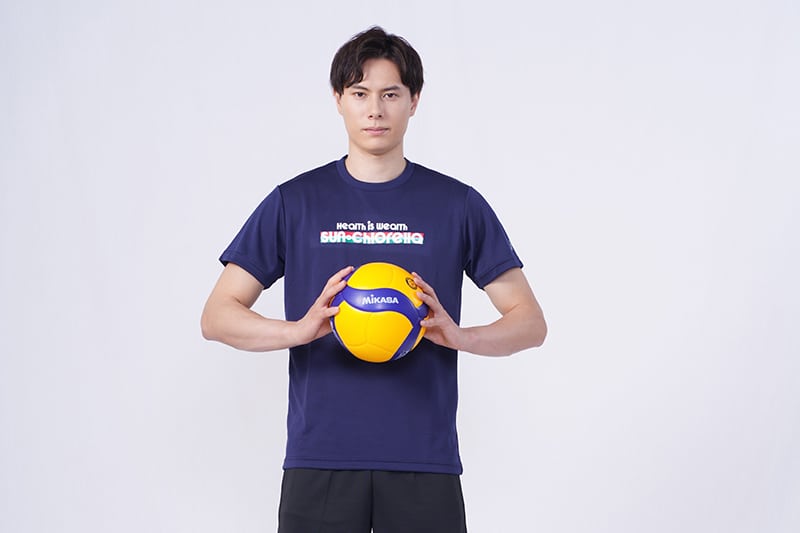
With such a busy season, Takahashi stuck to a consistent daily routine.
“On weekdays, I wake up, go to morning training at the gym, eat lunch, then do afternoon practice with the ball. After I get home, I cook and eat dinner, then take a bath and use ultrasound on both knees and ankles—10 minutes each, so about 40 to 45 minutes total. After that is my own time—I study English, relax, watch TV, and go to bed around 11 or 12. I always aim for at least 8 hours of sleep.”
Even during the season, he made time for media appearances, which he views as part of his mission.
“Mainly, it’s to help grow the sport. If people who don’t know much about volleyball see me in the media, maybe they’ll get interested and come watch a game. It’s also a way to show who I am outside of volleyball. I feel really lucky to be able to do that now, while I can.”
Some kids may have started playing volleyball after seeing him on TV or at a match. Takahashi has a message for all children who are passionate about sports.
“I hope kids truly enjoy the sports they love and go all-in with big dreams. Sports can lead to so many different opportunities. This season, I got to film my first commercial and do so many new things. I think volleyball is slowly becoming a sport that feels more exciting and full of dreams—especially for the next generation.”
Physically, one thing he’s glad he started early is stretching
“My grandma told me to stretch because I was really stiff as a kid,” he laughs. “She always said, ‘You should be flexible.’ I wasn’t sure if it’d work, but I tried it and saw results quickly—it became fun, so I stuck with it. Now I stretch for 30 minutes every night before bed. If I don’t, my body gets sore while I sleep.”
He believes flexibility improves mobility, helps reach balls more easily on defense, and reduces injury risk.

